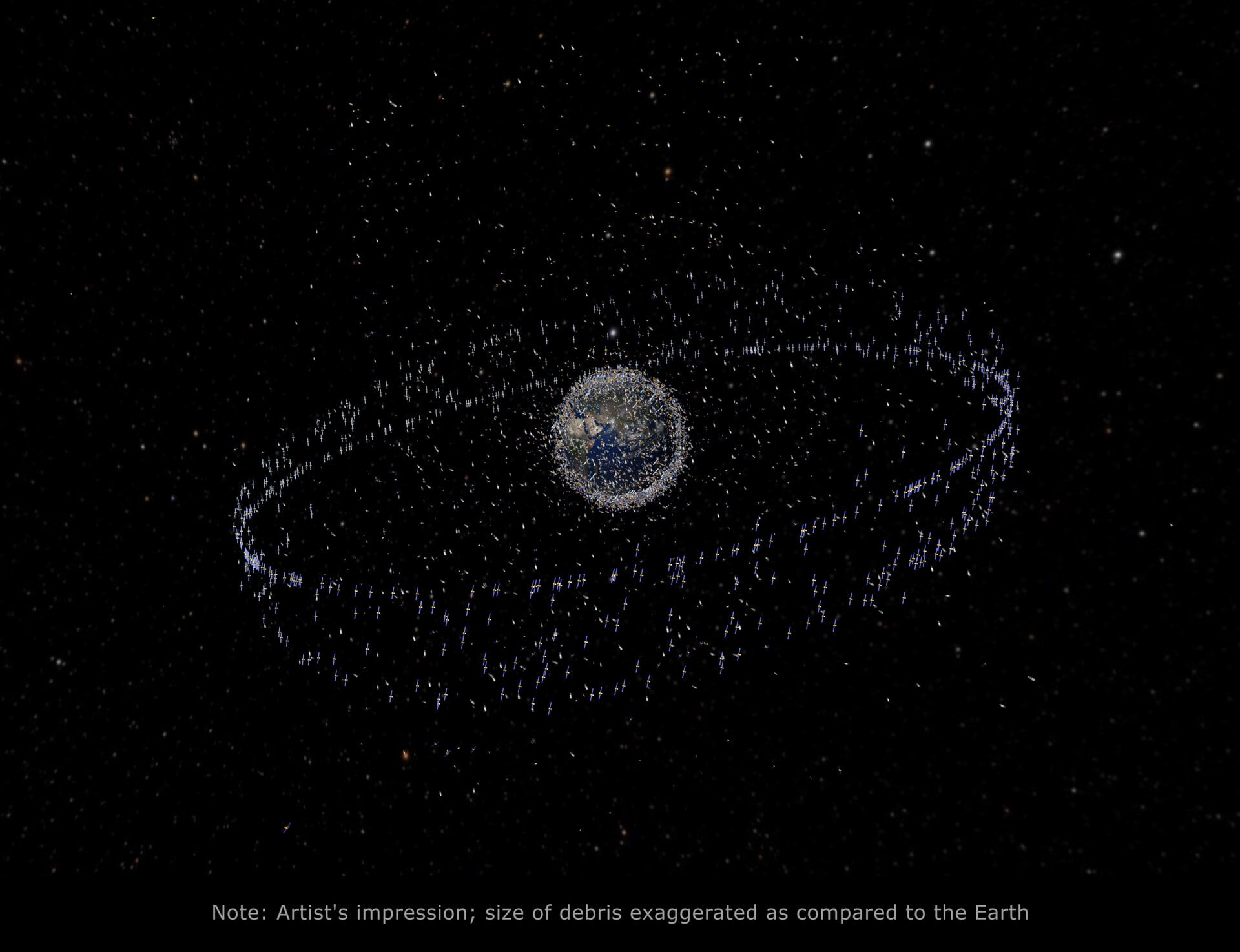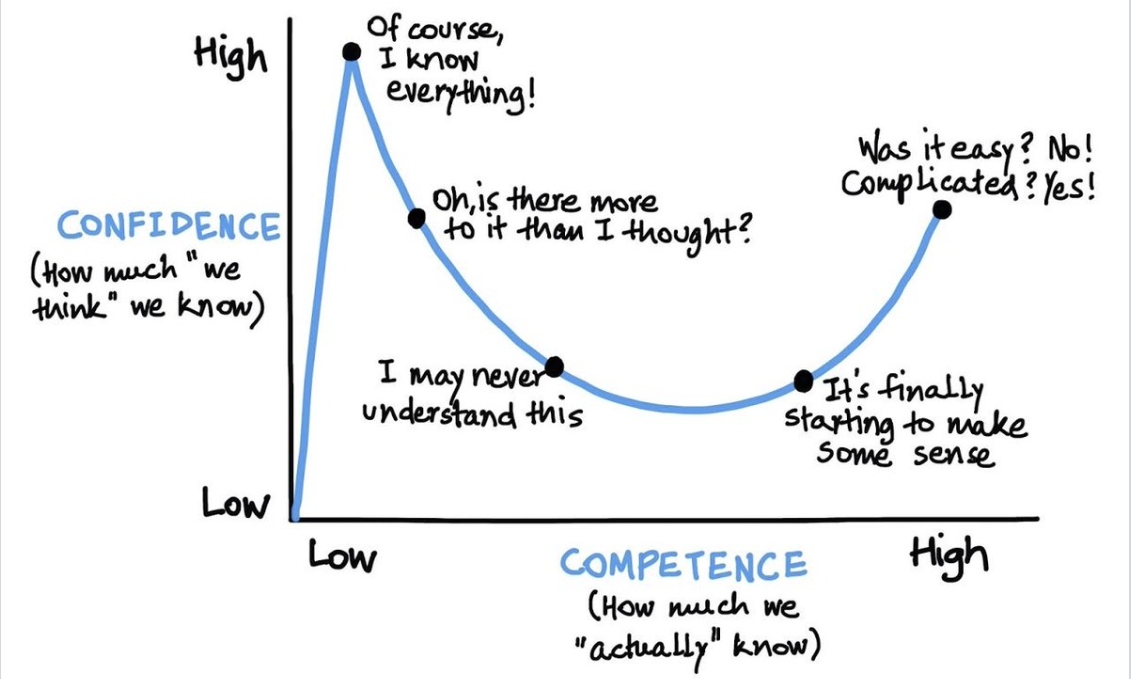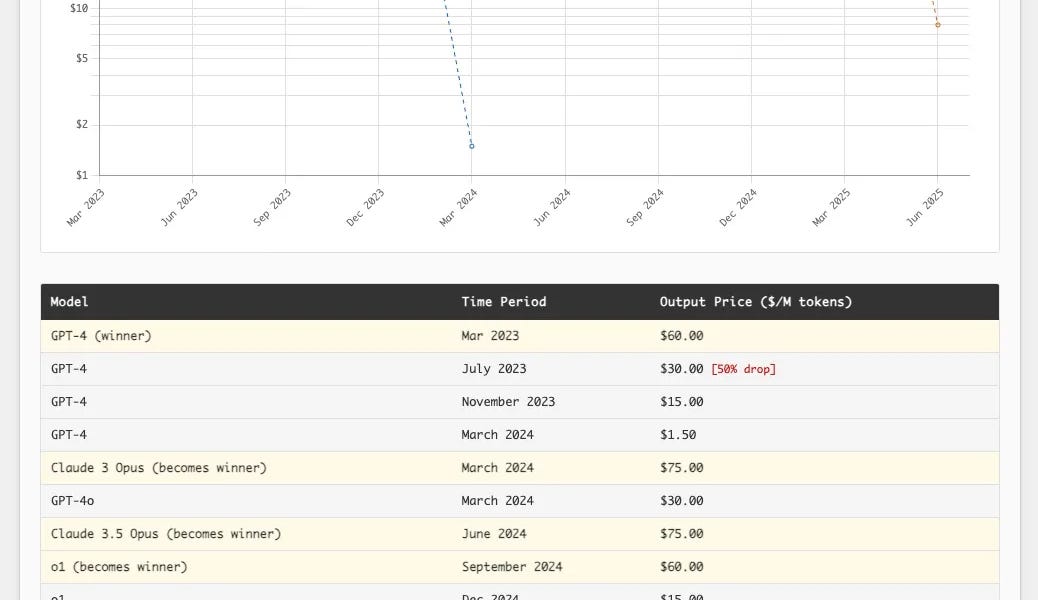
Tracking Deep Space Probes With GEO Satellites Improves Uptime
In astronomy, larger distances are both a blessing and a curse. They can cause issues like longer communication times, which also requires more powerful equipment, and positioning uncertainty that can affect the outcomes of measurements, especially in the outer reaches of the solar system. However, they can also be useful for a specific type of measurement called interferometry, where two systems a far distance apart can provide accurate location measurements to a third system - the same principle that GPS uses. A new paper looks at potentially using the same technique to track deep space probes rather than cars on a freeway and finds that, while it is around the same accuracy level, it is able to provide that same location data for more than double the amount of time.
The key to this system is the use of geostation satellites. Called the Radiometric Interferometry for Deep Space Navigation using Geostationary Satellites (RINGS) concept, it uses satellites in geostationary orbit to provide location data to deep space probes throughout our solar system, rather than the traditional Very Long Baseline Interferometers (VLBIs) located on Earth itself that typically provide location data to deep space probes.















